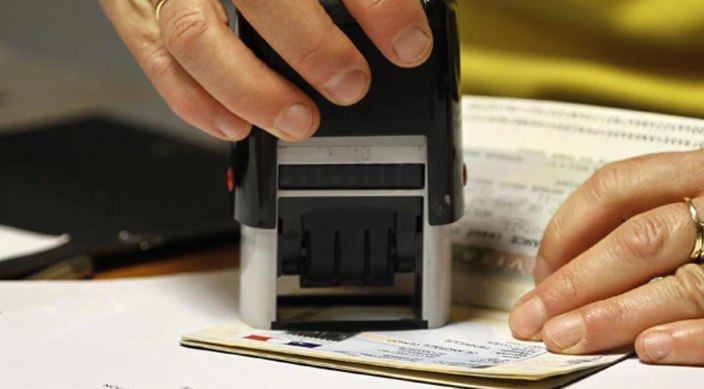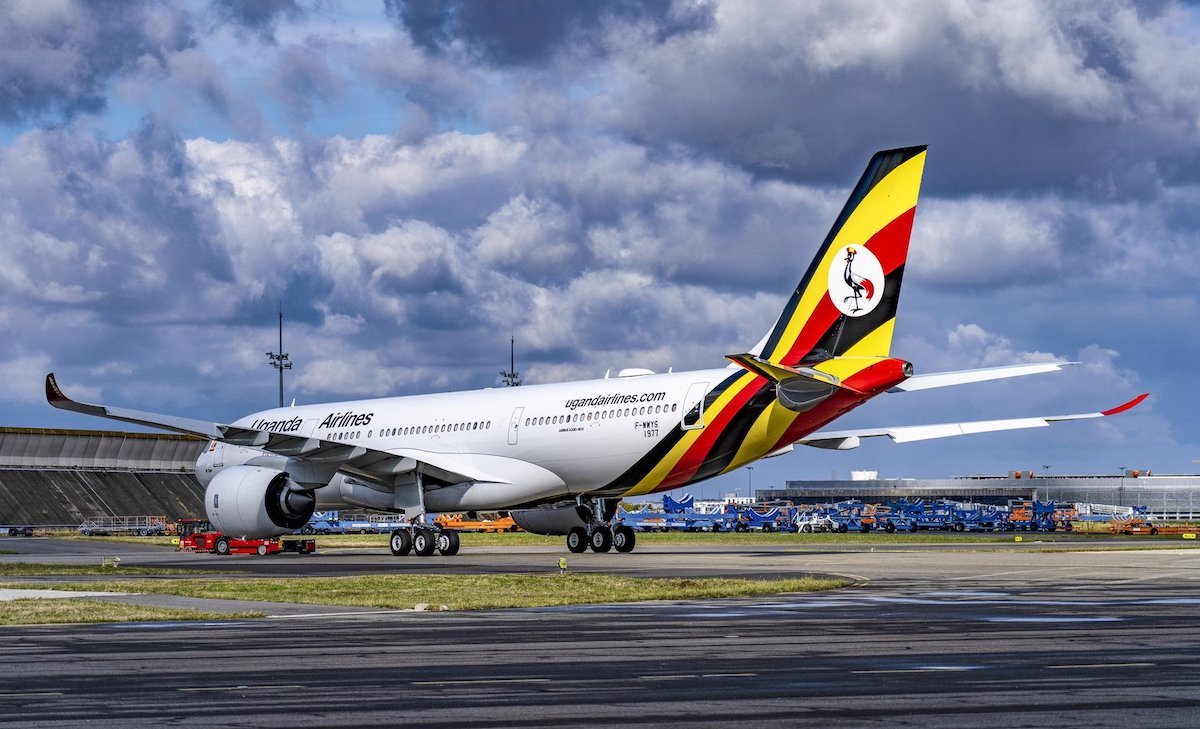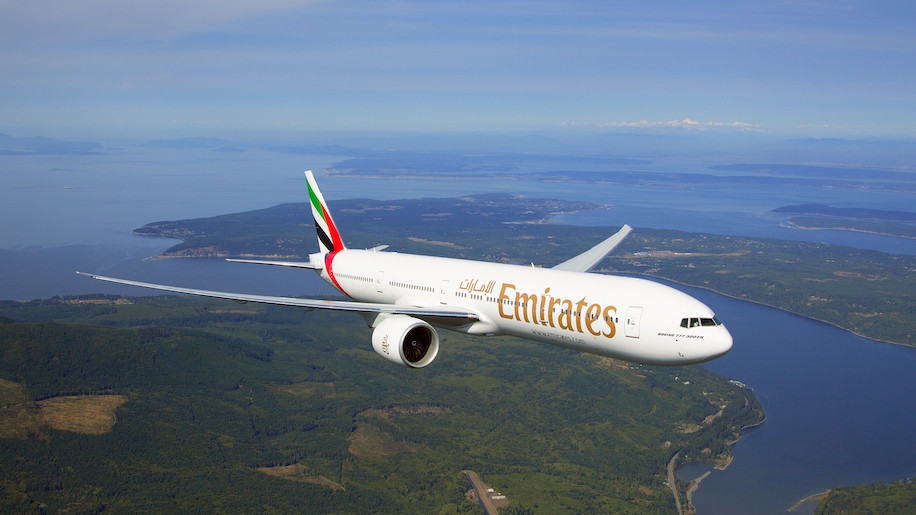Failure to comply can jeopardise a flight’s safety and impact the work environment for crew, says IATA
The International Air Transport Association (IATA) is appealing to all travellers to wear a face covering during their journey and said that failure to comply means that a passenger faces the risk of being offloaded from their flight.
Wearing face coverings is a key recommendation of the International Civil Aviation Organization’s (ICAO) guidance for safe operations during the pandemic, as developed jointly with the World Health Organization and governments.
IATA is emphasising the need for passengers to comply with the recommendation following recent reports of travellers refusing to wear a face covering during a flight. While this is confined to a very small number of individuals, some on-board incidents have become violent, resulting in costly and extremely inconvenient diversions to offload these passengers.
“This is a call for common sense and taking responsibility,” said Alexandre de Juniac, IATA’s Director General and CEO. “The vast majority of travellers understand the importance of face covering both for themselves as well as for their fellow passengers, and airlines appreciate this collective effort.
“But a small minority create problems. Safety is at the core of aviation, and compliance with crew safety instructions is the law. Failure to comply can jeopardise a flight’s safety, disrupt the travel experience of other passengers and impact the work environment for crew.”
According to tests at the University of Edinburgh, face covering, when properly worn, can cut the forward spread of potential COVID-19 droplets from the mouth by 90%.
Other measures to protect the safety of passengers during the pandemic include contactless check-in and immigration formalities at both the departure and arrival airports, social distancing where possible, increased cleaning and sanitisation at airports and on aircraft, and contact tracing.
IATA’s Medical Advisor, Dr David Powell, said: “The research we have seen to date, and our own investigations with the world’s airlines, tell us that the risk of catching COVID-19 on a flight remains very low.
“There appears to be a number of factors supporting that. The high flow rate of cabin air from top to bottom, constant filtering of air through state-of-the-art HEPA filters, the fact that all seats face the same direction and of course wearing a face covering and sanitisation of the aircraft all play a part.”
“This is not just about protecting yourself. It’s about protecting everyone else on the flight,” he said.
About Guide2Uganda
Guide2Uganda (www.guide2uganda.ug) is the most comprehensive source of information about Uganda that exists on the web, with more content on Uganda and surrounding towns, attractions, museums and galleries than any other online guide that currently exists for Uganda as well as being a dynamic news and comprehensive events driven site with content being added daily.
According to WeFollow & Peer Index (whom both measure online influence) we are among the most influential online media organizations in Uganda. We were also awarded for ‘’Best Destination Website in Uganda’’ by Jumia Travel Uganda in the 2017-2018 Africa Travel Awards. If you are planning a visit to Uganda you can always reach us on; info@guide2uganda.ug




